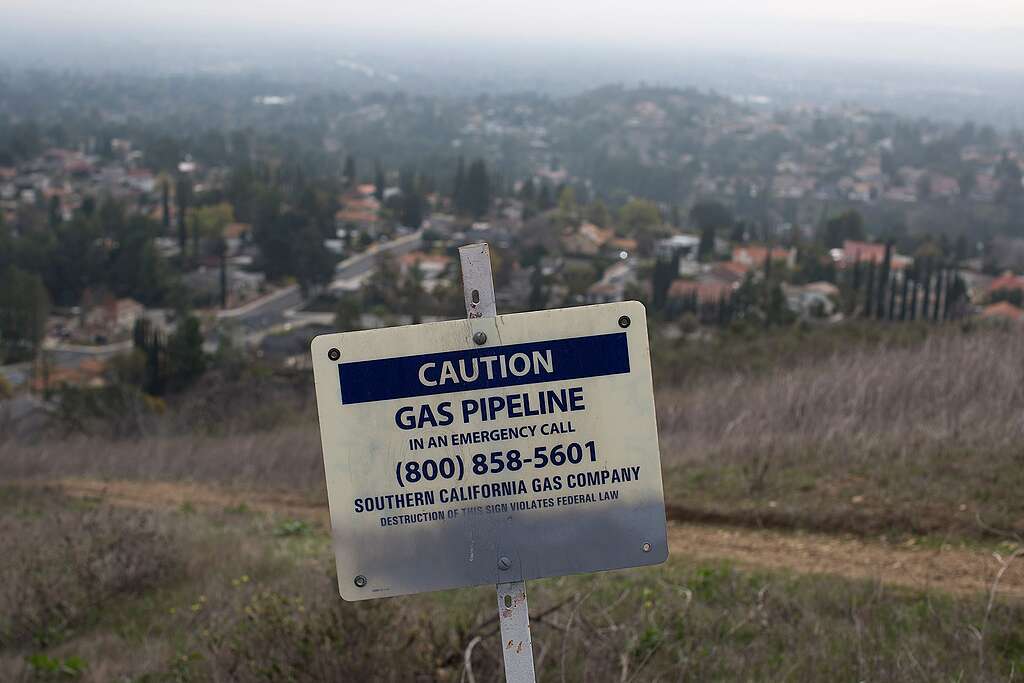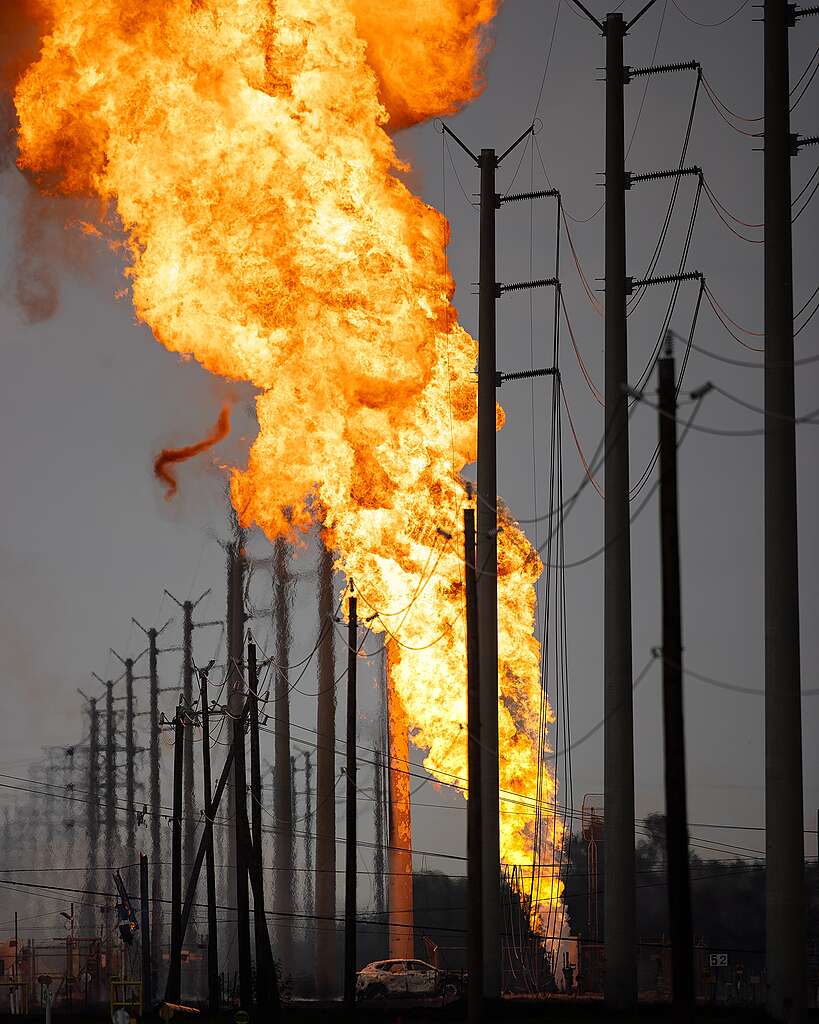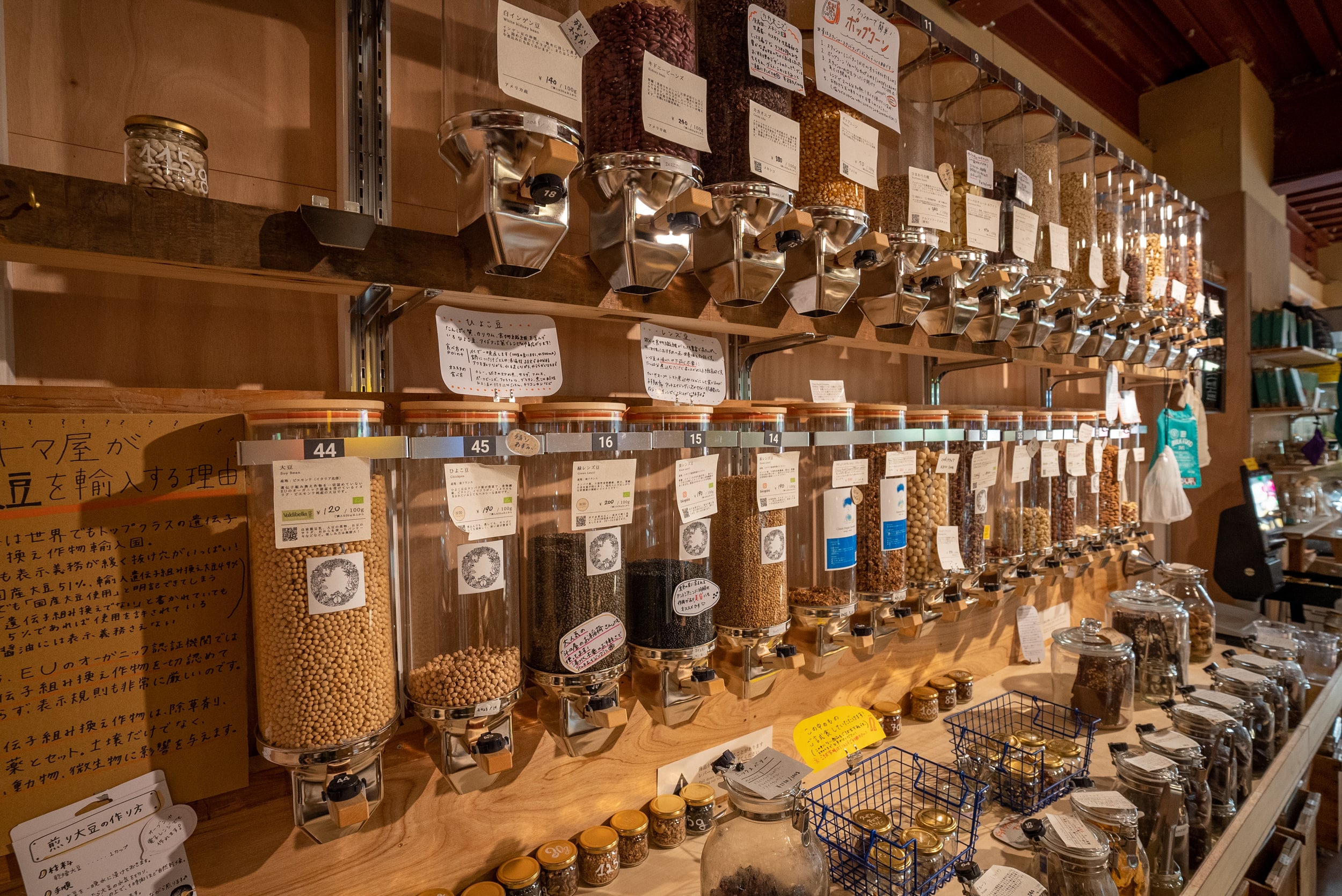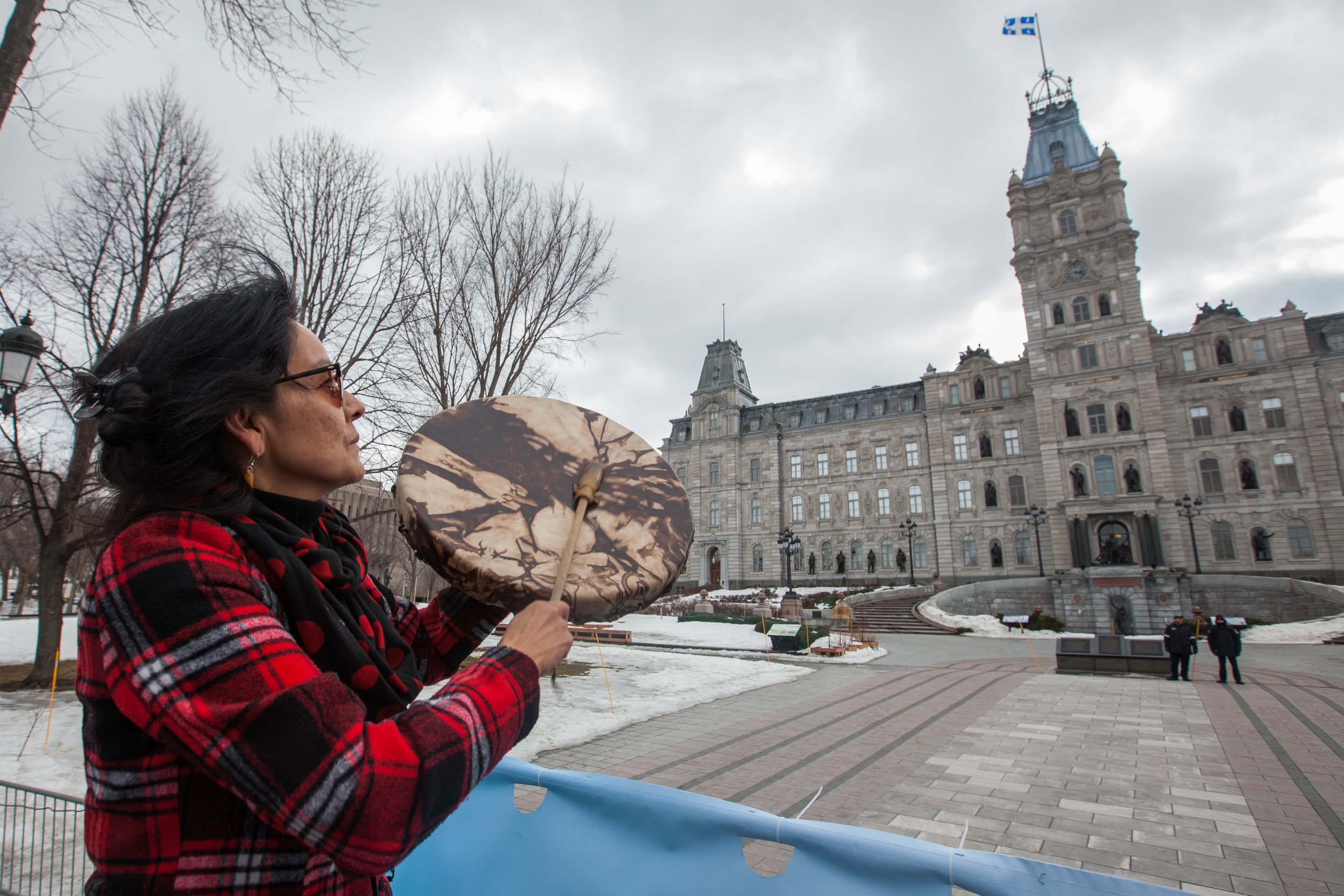“Don’t worry, it’s natural gas.” Sounds harmless, right? Almost like something you’d find bubbling out of a mountain spring.
We use natural gas to cook, heat buildings, make electricity, and power our biggest industries. In fact, it supplies about a quarter of the world’s energy. It’s too bad that the harmless label hides a dirty truth.
Natural gas is a major source of planet-heating pollution. Gas companies love to call their product “clean,” but here’s why that claim doesn’t hold up.
It’s a fossil fuel, just like oil and coal
Let’s start by calling “natural” gas what it really is – fossil gas.
Fossil gas is a fossil fuel, just like oil and coal. All fossil fuels come from the remains of plants, animals, and plankton that lived and died millions of years ago. When we burn them for energy, we pollute the atmosphere with extra carbon dioxide. And that’s the main greenhouse gas driving climate change.
People say fossil gas is cleaner than oil or coal because it releases less carbon dioxide when it’s burned. Less doesn’t mean clean, though. It’s still responsible for about 22% of the pollution from fossil fuels. That’s not far behind oil at 32% and coal at 45%.
The truth is that any extra carbon dioxide in the air adds fuel to the fire of climate change. And carbon pollution isn’t even the only problem with fossil gas.
It leaks methane

There’s another powerful greenhouse gas in fossil gas. It’s called methane.
In its first 20 years in the atmosphere, methane has about 84 times more warming power than carbon dioxide! That makes it a dangerous gas for our climate.
It escapes when fossil gas is pulled from the ground, processed, and piped to homes and businesses. Scientists have found huge methane leaks at fossil gas sites around the world, including in Canada.
These leaks could make fossil gas just as bad for the climate as coal, or even worse. They may also be the biggest threat to reaching our goal of cooling the world’s rising temperatures and calming climate change.
You’ll hear fossil gas companies talking about how clean their product is. They don’t talk so much about what leaks out before it even reaches your stove or furnace.
It’s not just bad for the climate – fossil gas harms our health, communities, and nature

Fossil gas pollution is bad for our health. When fossil gas is made, moved, or burned, it releases harmful chemicals into the air. Methane is only one. These chemicals can cause breathing problems, lung diseases, and cancer. Even your gas stove can pollute the air inside your home for hours – something that’s especially risky for kids with asthma.
The impacts aren’t felt equally. Indigenous communities in Alberta, for instance, are more likely to live near fossil fuel facilities and face higher health risks from the pollution.
Rising gas prices also mean some people can’t afford to heat their homes. That’s called energy poverty, and it’s a growing problem in Canada and around the world.
Nature pays a price, too. Gas pipelines, wells, and access roads cut through forests, destroy habitats, and pollute the air and soil.
So why stick with a fuel that heats the planet, harms our health, and hurts communities? Especially when we don’t have to?
A cleaner, safer future isn’t a myth
Cleaner, renewable choices are already here, like solar and wind power. Some cities and provinces are already making the switch.
Vancouver has banned fossil gas heating in many new buildings. Quebec plans to phase out gas heating in homes by 2040. Similar bans are happening throughout Canada and around the world.
These bans are about more than cutting carbon. They’re about building safer, healthier homes powered by clean electricity.
And you can help make it happen faster.
Speak up. Call on your local and federal governments to speed up the switch to renewable energy and climate-friendly buildings. Let’s stop pouring money into polluting fuels when we could build a cleaner, healthier future for everyone and the planet.



